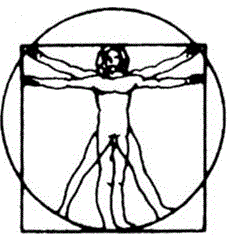Neurofeedback and Concussions

A concussion is a mild traumatic brain injury usually caused by a blow to the head and alters the way your brain functions. Symptoms can last weeks or months after the initial injury, and these include headaches, mood swings, dizziness, fatigue, memory problems, hyperactivity, difficulty concentrating or sitting still, changes in mood and/or temperament, insomnia, and generally poor sleep quality.
Some individuals with concussion will show delta and/or alpha spikes on the QEEG Assessment. This is consistent with injury to the gray matter in the brain. This relates to a variety of cognitive impairments. Using Neurofeedback to train connectivity and frequency can restore function to the damaged areas or re-route information. On reassessment after Neurofeedback training, delta and alpha spikes are often times no longer found.
Additional brainwave patterns related to concussions on the side of the brain that sustained the injury will produce a lower amplitude in comparison to its mirror site on the other side of the brain. For example, if an individual sustained a head injury on the left side of his brain, site F7 would produce a lower amplitude than F8 across all frequencies.
Articles and Research
